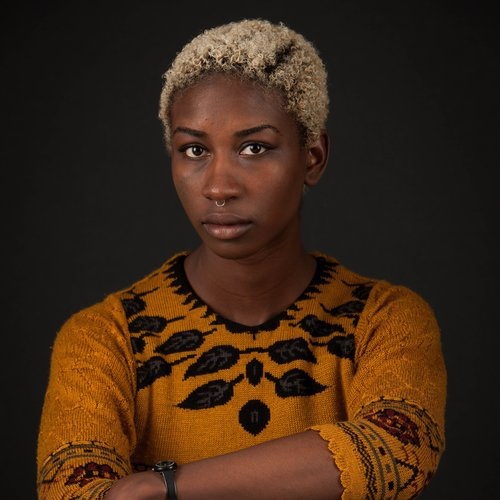As we finish up the first month of 2019 and embark upon the rest of what will no doubt be a tumultuous year, let’s hear some words of wisdom from a couple previous guests on how to be more intersectional in our feminism and what small, radical acts women and men can take to accelerate change. I’m revisiting advice that will give us hope and motivation to make 2019 the year of Radical Solidarity in our march toward our goal of equality, while I work on my next season for you. And when you’re done, come on over to The Inflection Point Society, our Facebook group of everyday activists who seek to make extraordinary change through small, daily actions.
Hear more from Ijeoma Oluo and Sabaah Folayan who are featured in the episode.
Subscribe to the “Inflection Point” podcast to get more stories of how women rise up right in your feed on Apple Podcasts, RadioPublic, Stitcher and NPROne.
Support Inflection Point with a monthly or one-time contribution here.
Ijeoma Oluo, author of “So You Want To Talk About Race”
Sabaah Folayan, director of “Whose Streets"”





